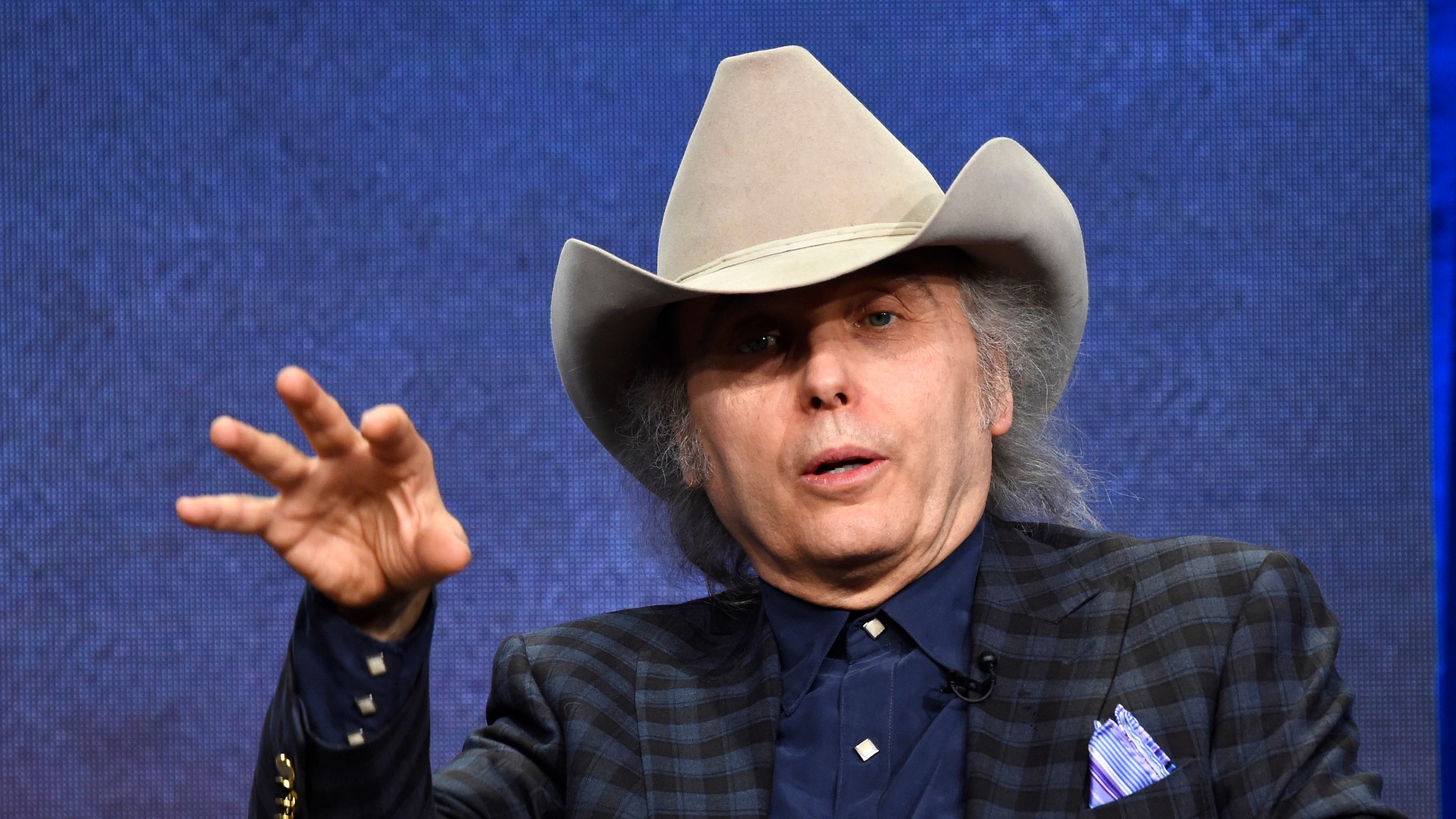
A stubborn, mid-tempo ache—“Nothing’s Changed Here” sounds like denial said softly enough to pass for courage.
When Dwight Yoakam sent “Nothing’s Changed Here” to radio in July 1991, it arrived as the third single from his fourth studio album, If There Was a Way (released October 30, 1990). Co-written with Kostas and produced by Pete Anderson, the record’s particulars tell a clear story: on first release the single reached No. 15 on Billboard Hot Country Songs and rose even higher in Canada, peaking at No. 2 on RPM’s country chart—one of the album’s strongest showings north of the border. Issued on Reprise 7-19256 with “Sad, Sad Music” on the B-side, it runs a lean 2:56, exactly long enough to make its point and leave the room.
The setting matters. If There Was a Way was the record where Yoakam widened his palette without abandoning the Bakersfield steel he loved. Five album cuts would become Top-40 country singles, and “Nothing’s Changed Here” sits among them like a signature shrug—stoic, wounded, plainspoken. On paper it is a modest mid-tempo number; in the ear it’s a reckoning disguised as routine.
Behind the title is a wry little drama older listeners recognize instantly. The narrator insists that life is unchanged after a parting—the house still stands, the days still turn—yet every ordinary motion betrays him. Yoakam’s phrasing tilts between bravado and confession; he leans into conversational cadences and then lets a held vowel blur the edges, as if a memory has ambushed him mid-sentence. The lyric’s images—reaching across an empty bed, catching a ghost of perfume in a familiar room—land not as theatrics but as domestic truths. Even the line structure plays the game of denial: plain statements that finally admit, almost under the breath, that the heart has not moved an inch. (The album’s own notes and later commentary emphasize how this record, and this song in particular, dwell on absence and the stubbornness of longing.)
Musically, the track is classic Yoakam-Anderson craftsmanship. Pete Anderson keeps the band taut and the mix uncluttered—telecaster details, a pocket that walks instead of struts, and plenty of air around the voice so small hesitations can do their work. Nothing is wasted; the production trusts the lyric. That trust is what makes the song feel like a late-night kitchen conversation: no grand modulations, no glitz, only a steady groove that lets the truth surface at its own pace.
There’s also a collaborative story worth bringing to the front. Kostas was a vital creative partner for Yoakam in this period—part of a run that included singles like “Turn It On, Turn It Up, Turn Me Loose” and the duet “Send a Message to My Heart.” Their writing chemistry favored deceptively simple frames that could carry grown-up feeling; “Nothing’s Changed Here” is a model of that approach, a three-minute room where pride and memory negotiate without resolution.
The single’s physical release adds a small footnote for collectors and for those who remember the radio sequence of the time. Pressed in the U.S. as Reprise 7-19256, it paired “Nothing’s Changed Here” with “Sad, Sad Music”—another of the album’s straight-talking laments—on the flip. You can hear the kinship: both tracks reduce heartbreak to familiar furniture and everyday gestures, and both lean on restraint rather than spectacle.
What, finally, does the song mean when heard with seasoned ears? It isn’t a tantrum, and it isn’t self-pity. It’s the smaller, truer confession that most change happens inside and that the hardest part of loss is how faithfully ordinary life proceeds around it. The title’s insistence—“Nothing’s Changed Here”—becomes a kind of talisman the singer carries until it wears thin. That’s why so many older listeners keep returning to this cut: it mirrors the way we actually survive endings—not by declaring new eras, but by washing dishes, making the bed, walking through rooms that still say someone’s name.
The song’s afterlife has been steady rather than flashy, which suits it. Yoakam has carried it onto the stage (you can hear it on Dwight Live from 1995) and folded it into later retrospectives and his unplugged dwightyoakamacoustic.net set, where the melody’s bones and the lyric’s plain edges show clean and strong. In every setting, it proves the same point: a good country song doesn’t need to shout to tell the truth.
So place “Nothing’s Changed Here” near the front of the stack when you think about Dwight Yoakam at his most quietly devastating. It is the sound of adult country music doing its most difficult work—naming the ache without melodrama, keeping dignity intact, and letting time reveal what the voice already knows. In three unhurried minutes, Yoakam and his partners make denial humane, even tender, and offer older hearts a place to set their own careful bravado down.